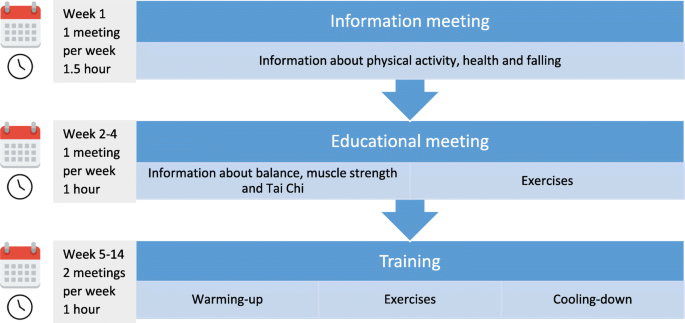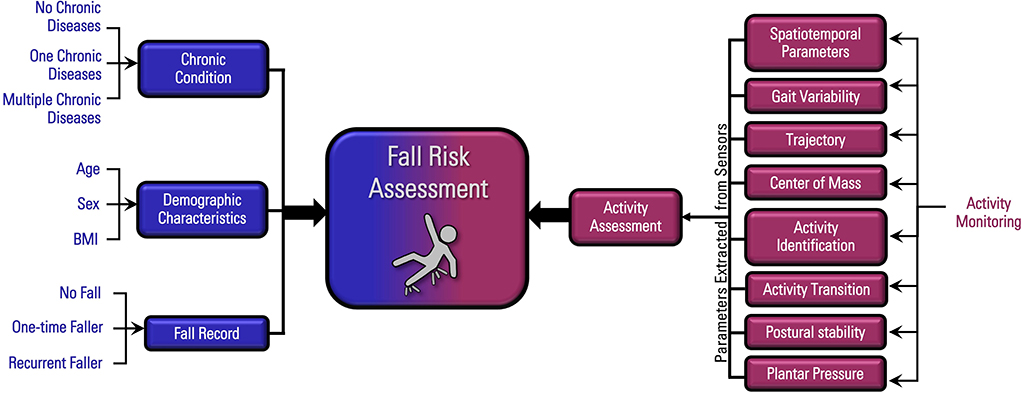More About Dementia Fall Risk
More About Dementia Fall Risk
Blog Article
Not known Factual Statements About Dementia Fall Risk
Table of ContentsNot known Factual Statements About Dementia Fall Risk Indicators on Dementia Fall Risk You Should KnowDementia Fall Risk Fundamentals ExplainedA Biased View of Dementia Fall RiskSee This Report on Dementia Fall Risk
The FRAT has three areas: drop threat standing, danger factor checklist, and action plan. An Autumn Danger Standing consists of information about background of recent drops, medications, emotional and cognitive status of the patient - Dementia Fall Risk.If the person scores on a danger aspect, the matching number of factors are counted to the client's autumn risk rating in the box to the much. If an individual's autumn risk score completes 5 or higher, the person goes to high danger for falls. If the client scores just 4 factors or reduced, they are still at some danger of dropping, and the nurse should utilize their finest professional assessment to handle all autumn threat variables as part of an all natural treatment plan.
These basic approaches, in general, help establish a safe environment that reduces accidental drops and delineates core preventative measures for all people. Indications are important for clients in danger for drops. Doctor require to recognize who has the problem, for they are in charge of executing actions to promote patient safety and security and prevent falls.
An Unbiased View of Dementia Fall Risk
For example, wristbands ought to include the client's last and given name, date of birth, and NHS number in the UK. Information must be printed/written in black versus a white background. Just red shade ought to be utilized to signify special patient condition. These referrals are consistent with present advancements in person recognition (Sevdalis et al., 2009).
Things that are also much might call for the client to get to out or ambulate needlessly and can potentially be a threat or add to drops. Aids prevent the patient from heading out of bed without any type of support. Registered nurses react to fallers' telephone call lights quicker than they do to lights launched by non-fallers.
Aesthetic disability can considerably trigger falls. Hip pads, when put on properly, may reduce a hip crack when loss occurs. Keeping the beds closer to the flooring decreases the threat of drops and major injury. Positioning the mattress on the floor substantially lowers fall danger in some health care setups. Low beds are developed to decrease the distance a patient drops after moving out of bed.
Get This Report on Dementia Fall Risk
Patients that are tall and with weak leg muscular tissues that try to remain on the bed from a standing position are most likely to fall onto the bed due to the fact that it's also reduced for them to lower themselves safely. If a high patient efforts to obtain up from a reduced bed without support, the client is most likely to drop back down recommended you read onto the bed or miss the bed and fall onto the flooring.
They're created to advertise prompt rescue, not to stop falls from bed. Apart from bed alarm systems, raised supervision for high-risk people likewise may assist prevent drops.

Individuals with an evasion gait rise loss possibilities substantially. To lower loss threat, shoes need to be with a little to no heel, thin soles with slip-resistant walk, and support the ankle joints.
How Dementia Fall Risk can Save You Time, Stress, and Money.
Patients, specifically older adults, have reduced aesthetic capacity. Illumination an unknown setting helps raise presence if the patient have to rise at night. In a study, homes with adequate lights record fewer drops (Ramulu et al., 2021). Renovation in lights in your home may minimize fall prices in older grownups (Dementia Fall Risk). Making use of gait belts by all health care suppliers can promote security when assisting patients with transfers from bed to chair.

Sitters are efficient for guaranteeing a safe, safeguarded, and risk-free atmosphere. Researches demonstrated extremely low-certainty evidence that sitters minimize autumn danger in severe treatment medical facilities and just moderate-certainty that alternatives like video clip surveillance can reduce caretaker use without raising loss risk, suggesting that caretakers are not as beneficial as at first believed (Greely et al., 2020).
Indicators on Dementia Fall Risk You Need To Know

Increased physical fitness lowers the risk for falls and limits injury that is received when autumn transpires. Land and water-based exercise programs may be in a similar way helpful on equilibrium and gait and consequently decrease the risk for drops. Water exercise might add a positive benefit on balance and stride for females 65 years and older.
Chair Increase Workout is an easy sit-to-stand workout that helps strengthen the muscle mass in the upper legs and buttocks see page and improves mobility and independence. The goal is to do Chair Surge workouts without making use of hands as the customer becomes stronger. See sources area for a detailed guideline on exactly how to perform Chair Increase exercise.
Report this page